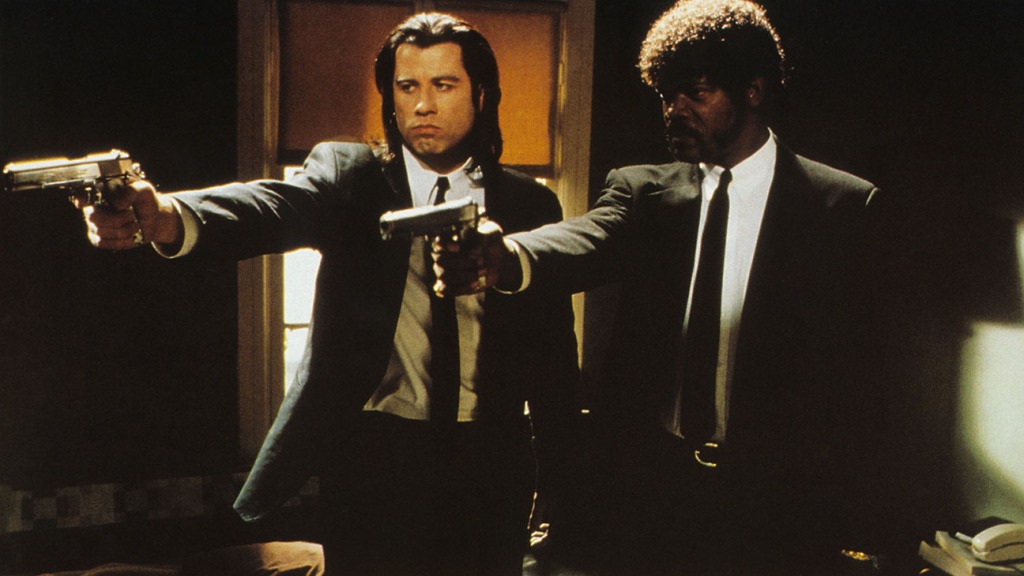Subscribe for full access to The Hollywood Reporter
The director owned the copyright to the screenplay, while Miramax owned the copyright to the movie. His plans to release NFTs based on the film erupted in a lawsuit.
By Winston Cho
Miramax’s suit against Quentin Tarantino over plans to release non-fungible tokens based on Pulp Fiction has settled. Terms of the deal, announced on Thursday, were not disclosed.
“The parties have agreed to put this matter behind them and look forward to collaborating with each other on future projects, including possible NFTs,” Miramax and Tarantino said in a joint statement.
Miramax sued in November after Tarantino said he would release NFTs based on the movie. Early artwork featured images of Samuel L. Jackson and John Travolta but was replaced with images of the director after the suit was filed.
blogherads
.defineSlot( ‘medrec’, ‘gpt-article-mid-article-uid0’ )
.setTargeting( ‘pos’, [“mid-article1″,”mid-articleX”,”mid”,”mid-article”] )
.setSubAdUnitPath(“ros/mid-article”)
.addSize([[300,250],[2,2],[300,251],[620,350],[2,4],[4,2]])
;
});
The case asked whether Tarantino, who wrote and owns the copyright to the screenplay for Pulp Fiction, has the right to publish portions of the work through the sale of NFTs.
Tarantino argued that the publication of the NFTs are within his reserved rights since they are based on his copyrights to the screenplay and do not infringe on Miramax’s copyrights to the movie. According to his deal with Miramax, Tarantino has the rights to “print publication (including without limitation screenplay publication, ‘making of’ books, comic books and novelization, in audio and electronic formats as well, as applicable)” as well as “interactive media.” He claimed that he’s not infringing on any of Miramax’s copyrights since the NFTs would exploit the screenplay for Pulp Fiction and not the movie itself.
Miramax, meanwhile, maintained that its rights are farther-reaching and account for technology not yet created in 1996 when the deal was consummated. The company, which owns the copyright to the movie, emphasized catch-all language in its contract that says it owns “all rights . . . now or hereafter known. . . in all media now or hereafter known.”
Sign up for THR news straight to your inbox every day
Unique expertise on how the law impacts Hollywood pros, projects and processes
Subscribe for full access to The Hollywood Reporter
Send us a tip using our anonymous form.


